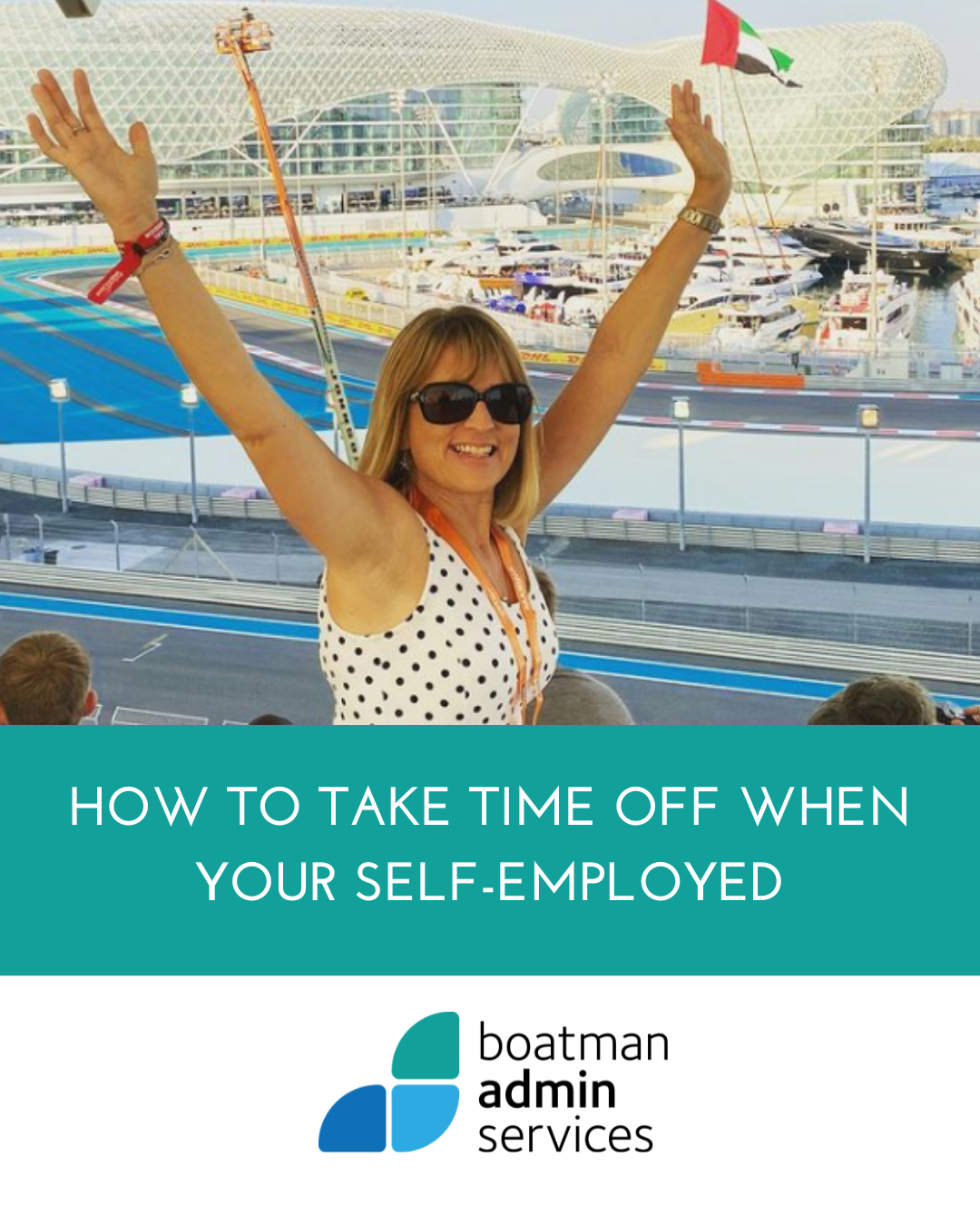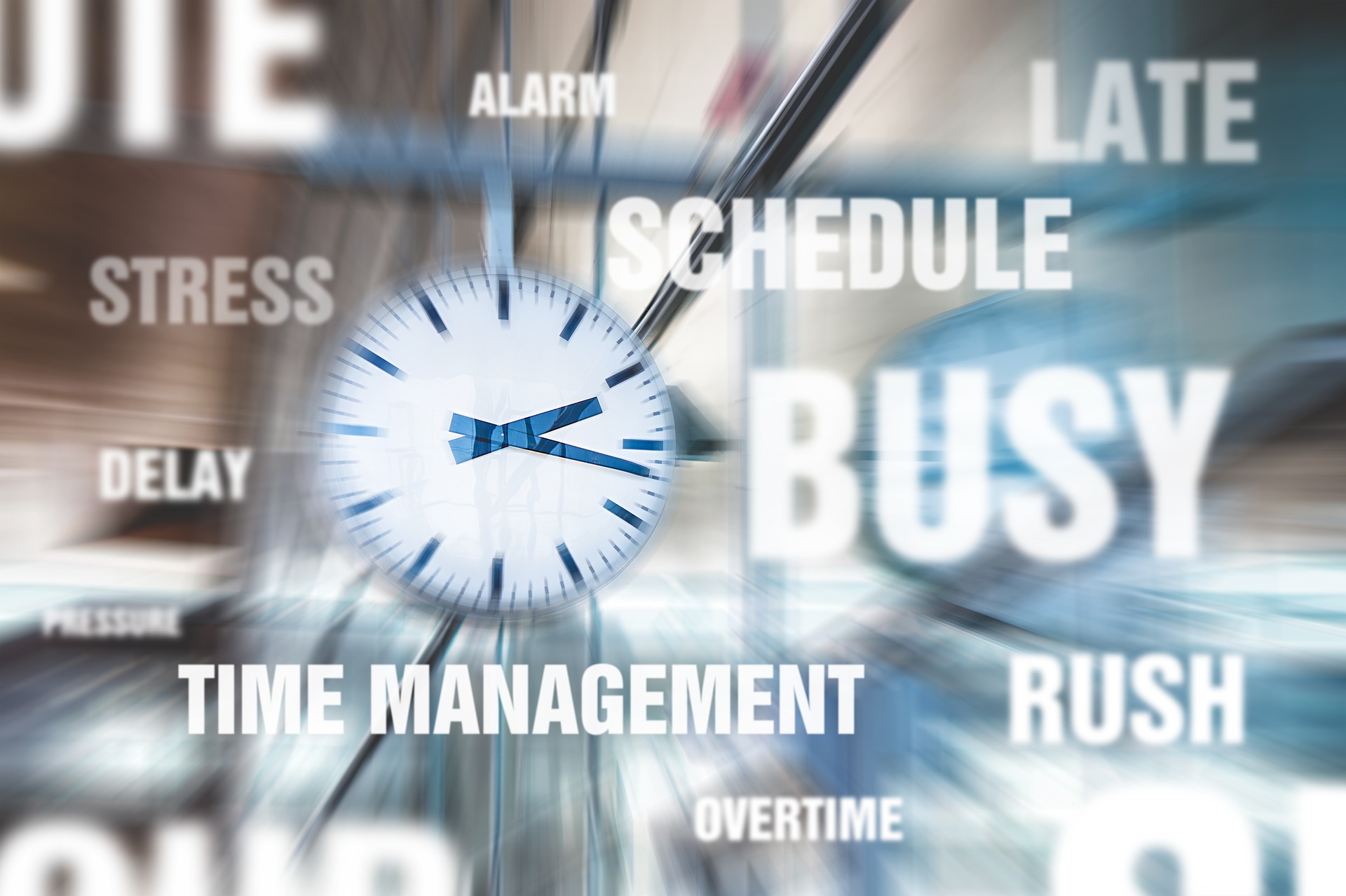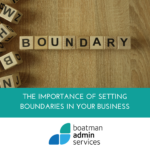As the weather starts to improve, it’s only natural to think about holidays and taking some much-needed time off. But when you’re running your own business, it’s not always as simple as ‘just taking a week off.’ Thoughts of how your business will survive without you or the sheer volume of work waiting when you return can make it difficult to truly disconnect.
Long-time readers of the blog will know that Team Boatman loves to travel. We’ve been fortunate enough to explore the globe, sometimes taking up to three weeks off at a time. Over the past ten years, I’ve learned a few valuable lessons about how to successfully step away from work.
Schedule That Holiday!
I learned this lesson the hard way during my corporate life. Being single, with many friends already coupled up, planning trips wasn’t always easy. One year, I only managed the occasional long weekend until my manager pulled me aside, pointing out how much leave I had left and urging me to take proper time off before burning out.
The same principle applies when you’re self-employed. Weeks fly by, and before you know it, your calendar is packed with meetings and events months in advance. Suddenly, summer arrives, and you realize you have no plans. To avoid this, block out holiday time well in advance and treat it like an unmissable appointment.
Delegate What You Can
If you have a team, you’ve likely already delegated tasks. But can you hand over more, even just for the holiday period? If you’re flying solo, consider outsourcing certain tasks temporarily. We’ve supported clients by managing their inboxes during their holidays, ensuring they return without the dread of an overflowing inbox.
Think about tasks that need continuous attention—like client emails, social media posts, or invoicing—and either automate them or delegate to someone you trust.
Set Boundaries and Expectations
Before heading off, let your clients and contacts know you’ll be away. Set up an out-of-office message with clear return dates and provide an alternative contact if necessary. If you plan to check in occasionally, mention that so expectations are managed.
Clear communication with your team or freelancers is also crucial. Make sure everyone knows their responsibilities and deadlines to avoid confusion while you’re away.
Give Yourself a Buffer
One common mistake I’ve made—and seen others make—is not allowing buffer time before and after a holiday. I used to work late into the night before a flight and jump straight into meetings the morning after returning. Now, I schedule a day before my trip to tie up loose ends and a day afterward to ease back into work gradually. It makes a world of difference.
Here’s a bonus tip: before you leave, spend 30 minutes unsubscribing from newsletters and promotions you never open. It’s a simple step that will significantly reduce the clutter in your inbox when you return.
Ultimately… Do What Feels Right for You
When we traveled to New Zealand in February 2024, the business was incredibly busy, and I worried about being offline for so long. I handed off work to my amazing team of associates but still dreaded returning to an overflowing inbox. After much thought, I decided to check emails twice a week, spending a couple of hours addressing anything urgent. The time difference worked in my favor—I could clean out my inbox without expecting immediate responses.
The key is finding a balance that makes you comfortable. For some, going fully offline is the dream. For others, occasional check-ins help ease anxiety. There’s no one-size-fits-all solution—do what works best for you.
Final Thoughts
Taking time off when you’re self-employed can be challenging, but it’s essential for your well-being and your business’s long-term success. With some planning, delegation, and clear boundaries, you can enjoy a guilt-free break and come back refreshed and energized.
Remember, your business thrives when you do. So, schedule that holiday, unplug (even if just a little), and give yourself the downtime you deserve. Your future self—and your business—will thank you!







